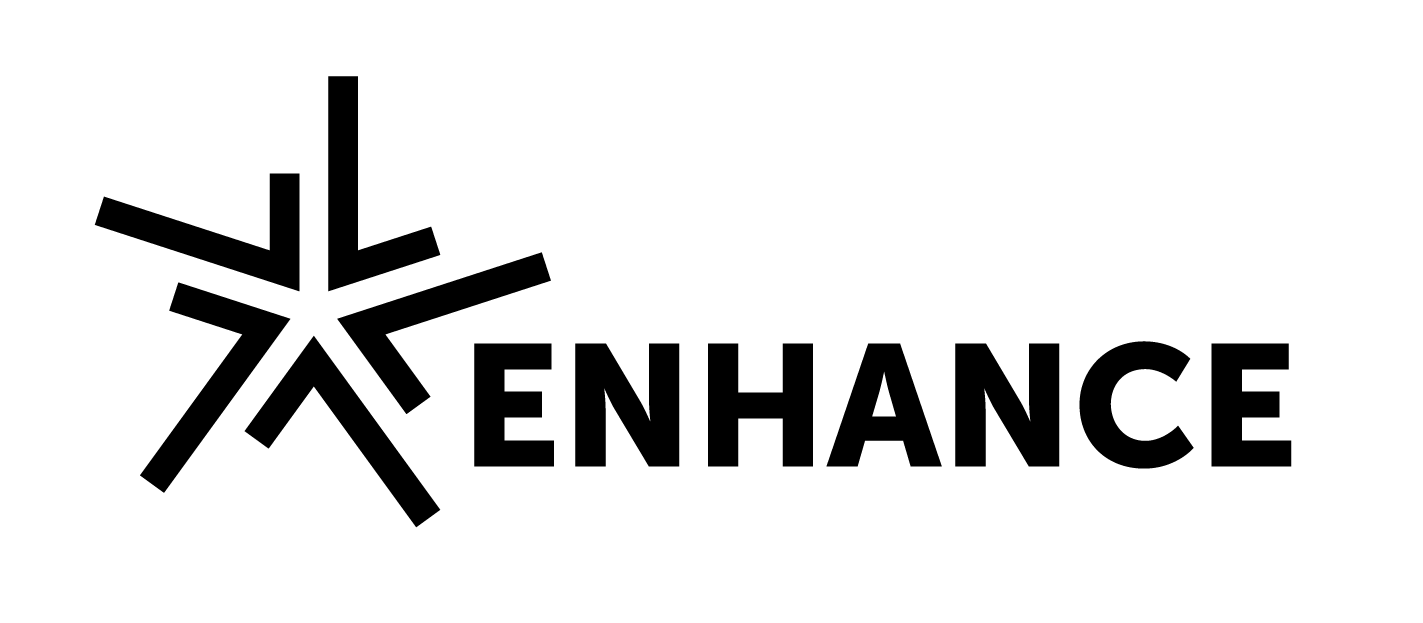ENHANCE Conversations: the link between diversity and artificial intelligence
On 24 November, our partner RWTH Aachen hosted the second edition of the ENHANCE Conversations series, which was also broadcasted online. Many eminent speakers, such as critical thinkers, entrepreneurs, and researchers, gathered for this public discussion on the topic of diversity, inclusion, and gender equality with a focus on “Digitalisation and Artificial Intelligence”.
Artificial Intelligence at the heart of the debate
Dr Robert Peters from RWTH Aachen, the moderator of this conversation, presented the topic by saying that artificial intelligence was “one of the most important technological topics bothering us in society for the last years”. It is indeed a topic relevant for universities and alliances like ENHANCE, but also for society in general as it starts to take part in many of our life’s aspects, as Prof. Dr Ute Habel, vice-president for internationalization at RWTH Aachen, mentioned in her welcome speech. The discussion was organised into two panels of which the titles articulated the evolution of the discussion.
Two diverse panels to focus on diversity
With diversity at the centre of the conversation, it was important to include it in the organisation itself and this is what the ENHANCE Alliance did by making sure the panels had a gender balance and represented interdisciplinarity. “Normally you have this kind of conferences with quite homogenous groups like all researchers with different backgrounds,” Melih Oezkardes, ombudsman for Diversity and Gender Equality at ENHANCE Alliance, explains, but he “wanted to break it from the beginning on.”
“The topic is affecting the whole society. The society is diverse. That’s why it was a good plus point to have this diversity in the speakers’ profile.” (Melih Oezkardes)
The first panel entitled “Connection between Diversity, Inclusion and AI” was composed of Prof. Jarosław Arabas, director of the Computer Science Institute at Warsaw University of Technology, Dr Liesbeth Venema, Chief Editor at Nature Machine Intelligence, Francois Lelord, best-selling author of “Il était une fois une planète bleue”, and Gabriella Wiiala, president of Diversity Charter Sweden. By bringing their very different backgrounds, experiences, and point of view on the topic, they covered many aspects of the main theme. They provided a technical explanation of AI and its possible use in the diversity sector and talked about the ethical point of view of AI’s fast development, but they also mentioned the importance of cultural artists’ perspectives to emphasise the societal aspect of this topic. One of the main questions was to know if AI was an opportunity or a challenge to more diversity, and how it could help in companies, for instance during the recruitment process.
This overview of AI and some of its many impacts on society led the audience to the second panel entitled “Contribution of universities of technology and the ENHANCE Alliance in the AI field”. With the contribution of Prof. Dr Geraldine Rauch, president of Technische Universität Berlin, Prof. Hannes Werthner, digital Humanism, Professor Emeritus of Technical University of Vienna, Dr Natascha Eckert, Global Head of University Relations at Siemens AG, and Melih Oezkardes, this panel focused on the special point of view of universities. The point was to address the responsibility of technical universities to assure a responsible development of AI but also to strike awareness on its implication in society. The discussion quickly evolved to talk about diversity in the technological field, with especially the question of gender diversity.
Not only some public conversations
As Melih Oezkardes mentions, these discussions brought up “interesting ideas for the upcoming years for diversity” related to technology, but not only. Indeed, since the speakers met outside of the panel to continue the conversations, Melih Oezkardes sees the whole interaction as a confirmation that the interdisciplinary discussion was working. “I think we need to continue this line in future events and think out of the box,” he adds.
As it is an important theme not only for us but for society in general, it was capital for the ENHANCE Alliance to put the light on the question of diversity and inclusion and to give specialists and interested citizens a place to exchange about this question regarding an important technological theme.



